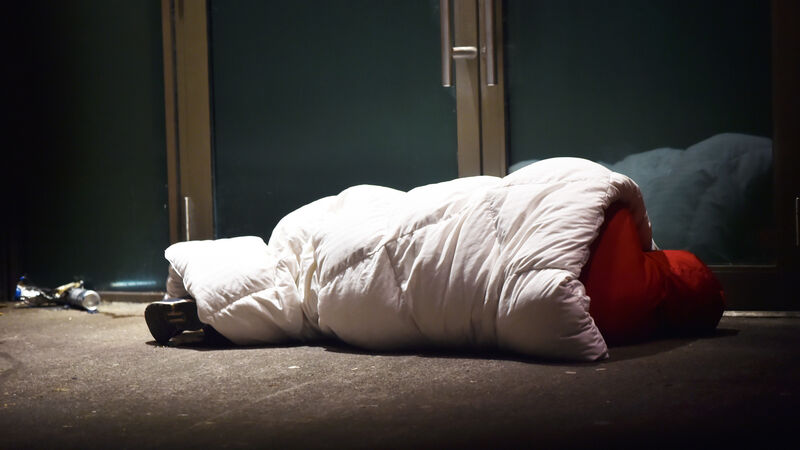Rory Hearne: The hidden housing crisis for people with disabilities

Homelessness is part of the hidden housing ‘crisis within a crisis’ for people with disabilities in Ireland. Picture: Eddie O'Hare
Ciara is a brave and articulate young woman. But she is homeless, and sleeping in her car. In 2019, her private rental accommodation was becoming unsuitable for her deteriorating health needs.
Then she was issued a notice to quit.













